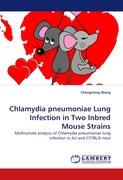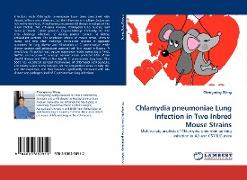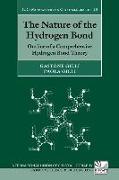Chlamydia pneumoniae Lung Infection in Two Inbred Mouse Strains
BücherAngebote / Angebote:
Infections with Chlamydia pneumoniae have been associated with chronic inflammatory diseases, but the influences of multiple factors are not well understood. A multivariate experimental design investigated the major factors that influence disease, chlamydial lung burden, and transcript levels: i) host genetics, ii) pre-challenge immunity, iii) time after challenge infection, iv) dietary protein content, v) dietary antioxidant content. The combined effects of mouse strain, immune status, and time after challenge inoculation resulted in opposite outcomes for lung disease and elimination of C. pneumoniae, while dietary protein and antioxidant content had little overall influence. A simple best-fit partial least square regression model using day-3 Tim3, GATA3, and arginase 2 transcript concentrations predicted 85% of the day-10 disease and 72% of the day-10 C. pneumoniae lung load. This book has elucidated general mechanisms of chlamydial pathogenesis, and clearly supports the concept that host-dependent levels of early Th1 and Th2 responses, and their balance, significantly correlated with late disease and pathogen load of C. pneumoniae lung infections.
Folgt in ca. 10 Arbeitstagen



